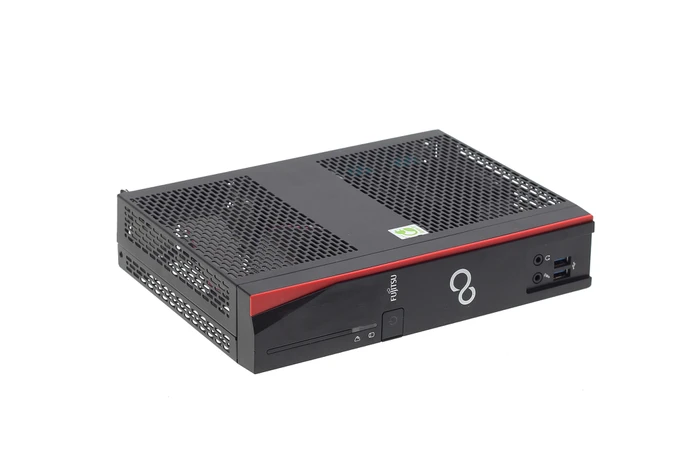In the realm of compact homeservers, the Raspberry Pi has long been a go-to choice for enthusiasts. However, there’s a hidden gem that often goes overlooked – old thin clients. Devices like the Fujitsu Futro S920 or HP t630 can be powerful alternatives in comparison to the popular Raspberry Pi. Let’s explore why these aging champions are gaining traction and why they might be the perfect fit for your tiny homeserver needs.
The Power Within: Processing Prowess
When it comes to processing power, old thin clients stand tall with 2 to 4-core processors, offering a robust alternative to the Raspberry Pi. Devices from reputable manufacturers like Fujitsu, HP, Dell, and others come equipped with reliable processing capabilities that can handle a variety of server tasks efficiently. This processing power becomes even more apparent when undertaking resource-intensive applications and multitasking.
Sturdy Foundations: Real Power Bricks vs. USB Power
One notable advantage that old thin clients hold over the Raspberry Pi is their reliance on real power bricks. Unlike the Raspberry Pi, which often relies on USB power, thin clients come equipped with dedicated power bricks, providing a more stable and consistent power supply. This ensures reliability and prevents potential hiccups associated with less-than-ideal USB power sources, making old thin clients a reliable choice for continuous operation.
Expandability Unleashed: RAM and More
Thin clients take the lead in terms of expandability, offering users the flexibility to enhance their tiny homeservers. Most old thin clients come with superior expansion options, particularly in terms of RAM. With the ability to accommodate larger RAM modules, these devices can handle memory-intensive tasks more effectively than the Raspberry Pi. Additionally, many thin clients feature SATA ports or mSATA slots, providing users with options to expand storage capacity, a feature often limited in Raspberry Pi setups.
Cost-Effective Power: Budget-Friendly Alternatives
Surprisingly, delving into the world of old thin clients won’t break the bank. In most cases, these devices are more budget-friendly compared to Raspberry Pi alternatives. Savvy shoppers can find reliable options from reputable brands at a fraction of the cost of newer, trendier alternatives. This cost-effectiveness opens up opportunities for users to invest in other components or accessories to further enhance their homeserver setup.
A World of Choices: Fujitsu, HP, Dell, and More
The market for old thin clients is diverse, with options from renowned manufacturers like Fujitsu, HP, Dell, and others. Each brand brings its own set of features and specifications, allowing users to tailor their homeserver setup to their specific needs. Whether you prioritize processing power, expandability, or cost-effectiveness, there’s a thin client out there to meet your requirements.
Embracing the Future: Why Thin Clients Are Worth Considering
In conclusion, old thin clients present a compelling alternative to the widely popular Raspberry Pi for those seeking a tiny homeserver solution. With robust processing power, real power bricks, superior expandability, and budget-friendly options from reputable brands, these devices offer a well-rounded package for server enthusiasts. As the demand for efficient and cost-effective homeserver solutions grows, exploring the world of old thin clients may just unveil the perfect device for your next project.

